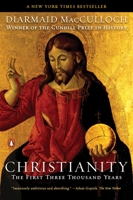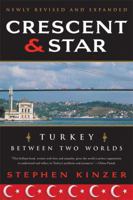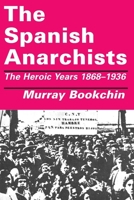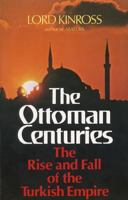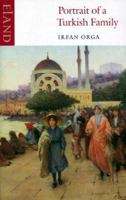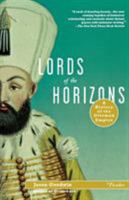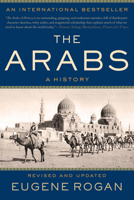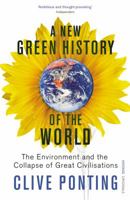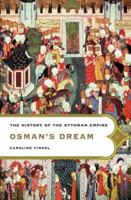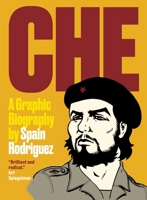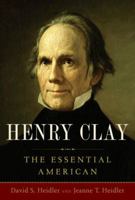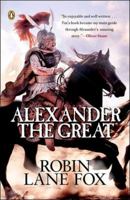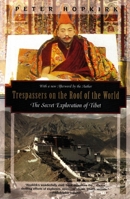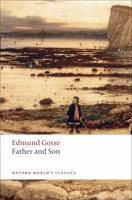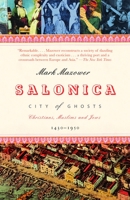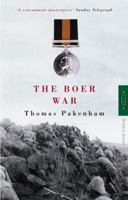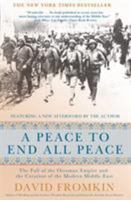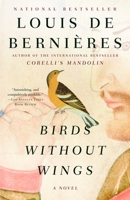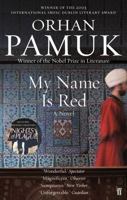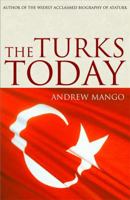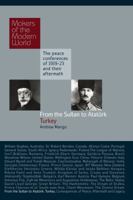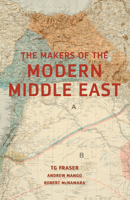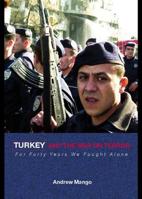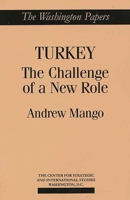Мониторинг воздействия металлических элементов: Следы в воздухе в городе Киншаса
Select Format
Select Condition 
You Might Also Enjoy
Book Overview
Проблема загрязнения воздуха в Демократической Республике Конго (ДРК) в целом и в городе Киншаса в частности недостаточно документирована по сравнению со странами северного полушария. Это вызывает беспокойство, когда замечаешь, что Киншаса, столица ДРК, не избавлена от этих атмосферных рисков всех видов. Антропогенная деятельность (интенсивное движение на различных кольцевых развязках, промышленные предприятия, сжигание бытовых отходов) лежит в основе высокого содержания микроэлементов металлов в атмосферном воздухе города Киншаса. Эта книга предоставила первую базу данных для оценки воздействия микроэлементов в атмосферном воздухе города Киншаса. Эти данные будут полезны для изучения тенденций и/или сравнения с другими городами. Основной вывод заключается в том, что существует относительно высокая экспозиция к следующим элементам Al, As, Ba, Cd, Co, Cr, Cu, Mn, Ni, Pb, V и Zn. Это явно свидетельствует о существовании проблемы общественного здоровья.
Format:Paperback
Language:Russian
ISBN:6205812622
ISBN13:9786205812624
Release Date:March 2023
Publisher:Sciencia Scripts
Length:64 Pages
Weight:0.23 lbs.
Dimensions:0.1" x 6.0" x 9.0"
More by Andrew Mango
Customer Reviews
7 customer ratings | 4 reviews
There are currently no reviews. Be the first to review this work.











![Paperback Мониторинг воздействия & [Russian] Book](https://i.thriftbooks.com/api/imagehandler/m/07A22037CDE58FB02190AD7579D43CB52C0387A2.jpeg)

